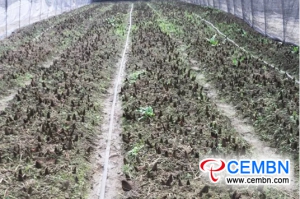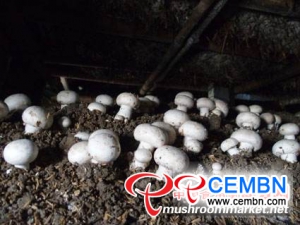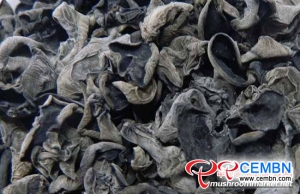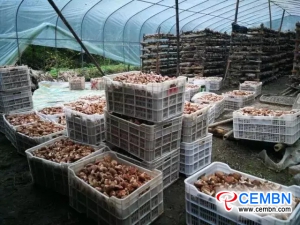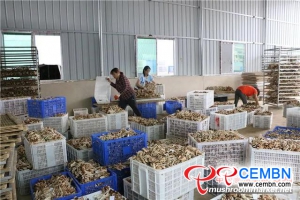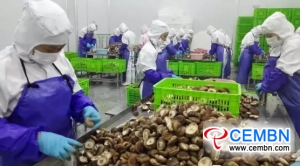
Mushroom Matter
Welcome on our platform. Why MUSHROOM MATTER? Because mushrooms play an important role in our lives as well in business. Our goal is to bring the world the very latest mushroom news with the upmost care to support the positioning of our beloved Mushroom.
And, “Beiye No.3” is firm in texture, short in fungus age, large in appearance, thick in texture, superior in quality and it is a wide-temperature type variety.
Feidi Mushroom Garden offers juicy harvests
Feidi Mushroom Garden was constructed in late 2017, by now, 15 million CNY of investment has been input on Phase One of project. In over 200 mu of land, intelligent mushroom greenhouse and factory that occupy 12,000 square meters have been built for mushroom production.
On October 8, staffs working in Tianping Mushroom Base of Tianping Town, Yuping County, Guizhou Province of China are plunging into the picking, airing and packing work of Agrocybe cylindracea.
Operated in January, 2018, Tianping Mushroom Base carries 22.264 million CNY of gross input and occupies 100 mu of area, up to now, 43 steel-frame mushroom greenhouses that absorb 1.8 million bags have been built within the base.
“From January to now, 5 times of fruiting have been realized, gross mushroom production totaled over 800,000 kg and total production value hit above 6.1 million CNY,” said related principal passionately, continuing that in 2019, Tianping Mushroom Base proposes to expand the scale, annually input 3.8 million bags so as to achieve the projected annual production value of 21 million CNY while it also plans to lead at least 100 masses to embark on this promising industry.
China’s Horizon: Growth or decline regarding export of dried mushrooms in first half of 2018?
hiitake is an edible mushroom which is mostly used in Japanese and Chinese cooking where it grows naturally. For centuries the mushroom has been grown in the far east and is praised for its healing abilities. Shiitake mushroom contains vitamin B and C, resulting in the increase of the natural resistance of the human body and it is also known to lower blood pressure and cholesterol.
The global Shiitake mushroom market has witnessed constant demand during the last few years and is projected to reach USD 35.4 billion at a CAGR of 15.31% by 2023. Moreover, increasing popularity of Shiitake mushroom in cosmetics is adding fuel to the growth of Shiitake mushroom. High consumption of Shiitake mushroom in Asia Pacific, mainly in China is influencing the market growth since last few years.
Shiitake mushrooms are like Portabella in that they have a meaty flavor and texture and are best cooked. When cooked, Shiitakes release a garlic-pine aroma and have a rich, earthy, umami flavor. It was also a surprise to discover that Shiitake mushrooms are a good source of protein, good enough to replace beef even.
China is hailed as The World’s Largest Mushroom Producer And Exporter. According to statistical data displayed by CIEDATA, from January to June of 2018, China’s gross export on dried mushroom totaled 96,795 tons, up 25.7%. And, since 2014, mushroom export has been revealing a steady growth in China.
On aspect of export value, from January to June of 2018, China’s gross export value on dried mushroom hit 161.593 million CNY, up 37.1%.














